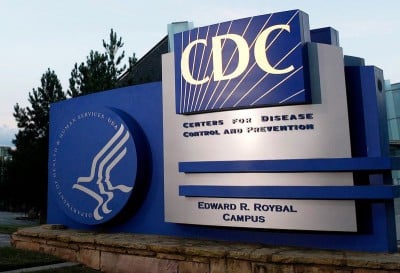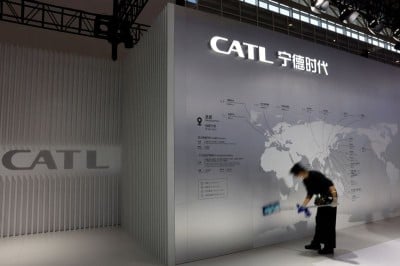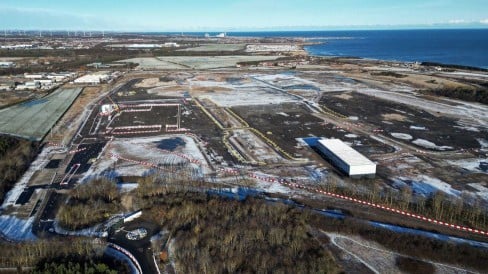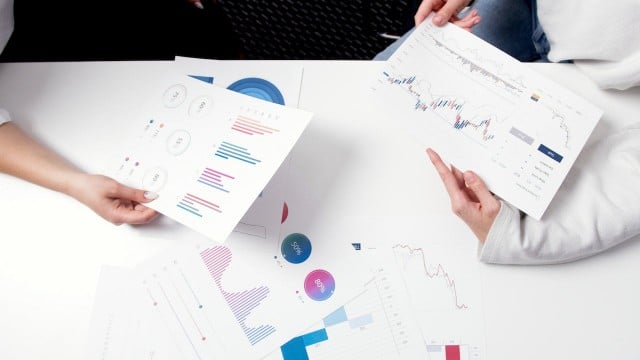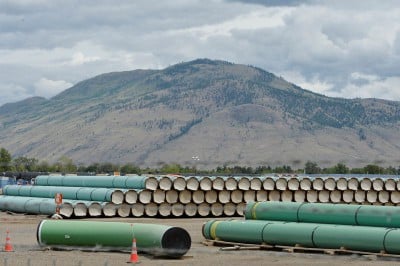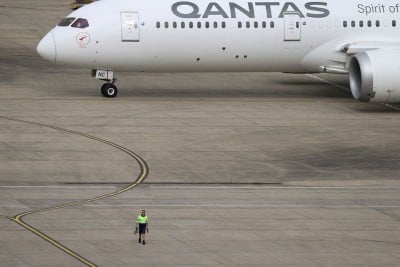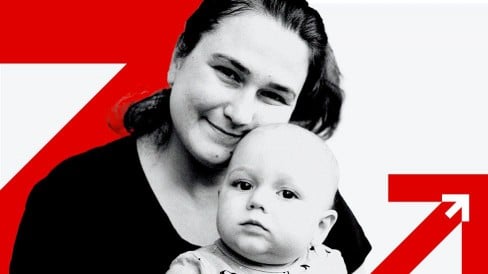
Millions of low-income households across the UK are receiving a 拢10 Christmas bonus after getting the latest instalment of cost-of-living payments.
The extra 拢10 is paid every year to people on certain benefits to help with costs during the festive season.
Eight million people on means-tested benefits, such as universal credit, received 拢300 directly by 19 November, without the need to make a claim. It was the second of three instalments that will eventually total 拢900.
But an influential committee of MPs has said these payments have been insufficient to tackle the extent of the financial problem many people face.
What cost-of-living payments are available?
Some groups are receiving payments to help with higher bills, including:
- 拢900 in total in three instalments. One was paid in spring, one in autumn and the third is due in spring 2024 to households on means-tested benefits
- 拢300 for pensioner households in the winter
- 拢150 to people on certain disability benefits has been paid
All are paid directly into eligible recipients' bank accounts, and people are being warned about scammers using the situation to try to trick people into handing over personal information.
Who is eligible for the 拢900 payment?
The payment, in three instalments of 拢301, 拢300 and 拢299, is available to households who receive the following benefits:
- Universal credit
- Income-based jobseeker's allowance
- Income-related employment and support allowance
- Income support
- Working tax credit
- Child tax credit
- Pension credit
The payment reference on a recipient's bank account is their national insurance number, followed by DWP COL.
The 1.1 million people who receive only working tax credit or child tax credit, rather than any of the other benefits, are also now being paid the latest sum, with the reference HMRC COLS.
People are not eligible for these payments if they receive the new-style employment and support allowance, contributory employment and support allowance, or the new-style jobseeker's allowance - unless they get universal credit.
Anyone who thinks they should have received the help but did not should contact the office that pays their benefit or tax credits, or report it here.
To qualify for the latest instalment, people had to have claimed a benefits payment between 18 August and 17 September, or received a payment for an assessment period ending between these dates. Pensioner households may be able to have a new pension credit claim backdated.
An estimated 850,000 pensioner households do not claim pension credit, which is a gateway to these extra payments.
Other eligibility details are outlined here.
None of these cost-of-living payments affect the tax you pay, or the benefits or tax credits you receive.
What help are disabled people getting?
Up to six million people on the following disability benefits received another 拢150:
- Disability living allowance
- Personal independence payment
- Attendance allowance
- Scottish disability payments
- Armed Forces independence payment
- Constant attendance allowance
- War pension mobility supplement
Those payments were made between 20 June and 4 July.
What help are pensioners getting?
Households that receive the winter fuel payment - which is worth 拢200-拢300 and is paid to nearly all homes with at least one person of pension age - received an extra 拢300 in November or December 2022, and will get another 拢300 this coming winter.
Lower-income pensioners who claim pension credit get the money in addition to the support provided for those on benefits.
What cost-of-living payments have people already received?
Two payments totalling 拢650 were made in 2022 to more than eight million low-income households.
Payments of 拢300 were also paid to pensioners during last winter, and a 拢150 payment was also made to those with disabilities.
Some people would have received all of those payments, if they were eligible.
What other support have people had?
A 拢150 rebate, often through people's council tax bill, was made last year. The Household Support Fund, which is distributed by local councils, helped vulnerable people, including giving fuel vouchers to those in need.
All household energy bills were cut by at least 拢400 between October 2022 and March 2023.
The discount was made automatically by energy suppliers in England, Scotland and Wales. However, there are no plans to repeat this in the coming winter.
Separate arrangements were made for households in Northern Ireland, which has its own energy market.
They received a single payment of 拢600 starting in January, which was more than in the rest of the UK because a higher proportion of households use heating oil.
Direct debit customers in Northern Ireland had the money paid into their bank accounts. Other customers were sent a voucher.
- Try our Family 拢1 recipe meal plan
- Why are prices rising so much?
- What happens if I can't afford to pay my mortgage?
What have MPs said about the system of payments?
Following an inquiry, the Commons Work and Pensions Committee published a report in Novemberwhich said payments were not enough for many people, given the scale of the problem. The report said the money only provided a temporary reprieve for some.
It said payments were insufficient for those with extra costs associated with their disabilities and there was particular concern for some larger families. Disability charity Scope says some people cannot afford to power vital equipment.
The report said the payments have had an important impact, but the system was relatively unsophisticated, meaning some of those in need slipped through the net.
Significantly, it argues that, in the future, the government should consider increasing benefits rather than giving ad-hoc payments.
The government's response is that cost-of-living payments have provided "a significant financial boost to millions of households" and that the best long-term approach to financial security is to get people into work and boost their skills.
What else is the government doing to tackle energy prices?
The government launched an Energy Price Guarantee in October 2022, which limited a typical dual-fuel household's annual energy bill to 拢2,500 throughout last winter.
The scheme, which applied to England, Wales and Scotland, is still in place if needed, but has not been required since July.
That's because a typical bill fell below this level under regulator Ofgem's energy price cap in the summer, and fell further in October.
However, it is set to go up by 5% to 拢1,928 in January.
What about help for businesses?
A government scheme to cut energy bills for businesses finished at the end of March.
Heavy energy-using sectors, like glass, ceramics and steelmakers, get a larger discount than others.
How is the rising cost of living affecting you? Please get in touch by emailing: [email protected].
Please include a contact number if you are willing to speak to a BBC journalist. You can also get in touch in the following ways:
- Tweet: @BBC_HaveYourSay
- Upload your pictures/video here
- Or fill out the form below
- Please read our terms & conditions and privacy policy
If you are reading this page and can't see the form you can email us at [email protected]. Please include your name, age and location with any submission.

